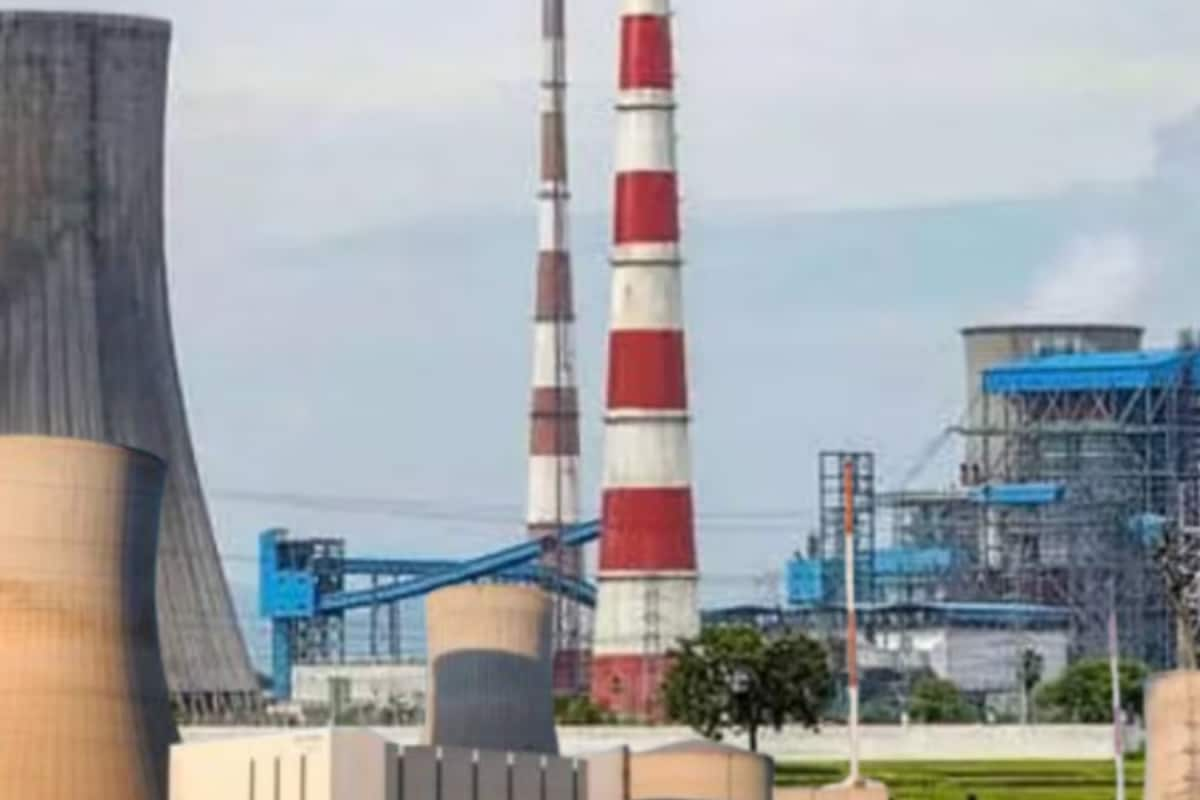Business
India Opens Nuclear Sector to Private Investment, Targets 100 GW by 2047

India is poised for a significant transformation in its nuclear energy landscape, as the government moves to open the nuclear power sector to private companies. This strategic pivot marks a departure from decades of state-controlled energy production and aims to enhance the country’s nuclear capacity while reducing reliance on fossil fuels.
Union Minister Jitendra Singh, who oversees the Department of Atomic Energy, announced that the government is committed to addressing global private sector apprehensions regarding investments in the civil nuclear sector. The goal is to achieve a target of producing 100 GW of atomic power by 2047, coinciding with India’s 100th Independence anniversary.
Legislative Changes to Facilitate Private Investment
To attract private capital, the Indian government plans to amend existing laws, including the Atomic Energy Act of 1962 and the Civil Liability for Nuclear Damage Act of 2010, which have historically restricted private sector involvement in nuclear power generation. Finance Minister Nirmala Sitharaman, during the presentation of the Union Budget for 2025, announced the establishment of a new Nuclear Energy Mission aimed at fostering private sector participation. She emphasized the necessity of legislative amendments to facilitate this transition.
The proposed amendments will allow private companies to build, own, and operate nuclear power plants, a shift that could lead to substantial increases in India’s nuclear output. Sitharaman highlighted that generating at least 100 GW of nuclear energy is essential for India’s energy transition efforts, underscoring the importance of engaging private players in achieving this ambitious target.
Global Context and Opportunities Ahead
India’s move is not isolated; many countries have embraced private sector participation in nuclear energy. For instance, the United States has a robust private nuclear industry, while countries like Finland and the United Kingdom have seen varying levels of privatization. By opening its nuclear sector, India positions itself to attract foreign investment and technology, potentially creating a market worth $100 billion.
The government is reportedly in discussions with major Indian firms, including Reliance Industries, Tata Power, Adani Power, and Vedanta Ltd., to explore investment opportunities in new nuclear projects. Under the proposed model, while private companies would handle land acquisition and plant development, the Nuclear Power Corporation of India Ltd (NPCIL) would retain operational rights and manage fuel supplies.
Additionally, India is set to allow up to 49 percent foreign direct investment in its nuclear sector, with plans to gradually increase this cap. This initiative is expected to enhance India’s uranium fuel sources and vendor base for specialized nuclear equipment, further integrating the country into the global nuclear supply chain.
Despite the optimism surrounding these reforms, concerns persist regarding the Civil Liability for Nuclear Damage Act. This legislation establishes stringent liability frameworks for nuclear incidents, which some experts argue could deter foreign investment due to the high potential costs associated with nuclear accidents. As the government seeks to address these concerns, ensuring robust safety protocols and regulatory oversight remains a priority.
The establishment of the Indian Nuclear Insurance Pool in 2015 has been a step towards alleviating liability concerns, providing insurance coverage for operators and suppliers under the existing liability framework. This move aims to create a more secure environment for both domestic and international investors.
India’s nuclear ambitions also bear significant geopolitical implications, particularly in its relationships with countries like the United States and France. Recent approvals, such as the US Department of Energy endorsing technology transfer from Holtec International, highlight the growing collaboration between India and the US in the nuclear sector. French companies are also exploring partnerships for projects like the proposed Jaitapur Nuclear Power Project in Maharashtra.
While the pathway to a more privatized nuclear energy sector in India is underway, it is imperative that the government addresses public concerns regarding safety, regulatory frameworks, and environmental impacts. Ensuring comprehensive safety measures and public transparency will be vital in securing long-term support for nuclear energy as a key component of India’s energy strategy.
In summary, India’s decision to open its nuclear power sector to private investment represents a crucial shift in energy policy. By fostering private sector participation and international collaboration, India aims to significantly enhance its nuclear capacity and meet its ambitious energy targets, while navigating the challenges of public concern and regulatory compliance.
-

 World5 months ago
World5 months agoSBI Announces QIP Floor Price at ₹811.05 Per Share
-

 Lifestyle5 months ago
Lifestyle5 months agoCept Unveils ₹3.1 Crore Urban Mobility Plan for Sustainable Growth
-

 Science4 months ago
Science4 months agoNew Blood Group Discovered in South Indian Woman at Rotary Centre
-

 World5 months ago
World5 months agoTorrential Rains Cause Flash Flooding in New York and New Jersey
-

 Top Stories5 months ago
Top Stories5 months agoKonkani Cultural Organisation to Host Pearl Jubilee in Abu Dhabi
-

 Sports4 months ago
Sports4 months agoBroad Advocates for Bowling Change Ahead of Final Test Against India
-

 Science5 months ago
Science5 months agoNothing Headphone 1 Review: A Bold Contender in Audio Design
-

 Top Stories5 months ago
Top Stories5 months agoAir India Crash Investigation Highlights Boeing Fuel Switch Concerns
-

 Business5 months ago
Business5 months agoIndian Stock Market Rebounds: Sensex and Nifty Rise After Four-Day Decline
-

 Sports4 months ago
Sports4 months agoCristian Totti Retires at 19: Pressure of Fame Takes Toll
-

 Politics5 months ago
Politics5 months agoAbandoned Doberman Finds New Home After Journey to Prague
-

 Top Stories5 months ago
Top Stories5 months agoPatna Bank Manager Abhishek Varun Found Dead in Well









